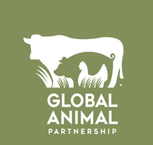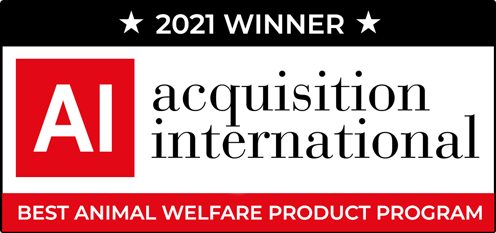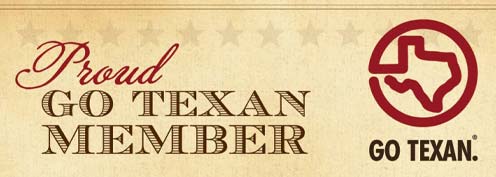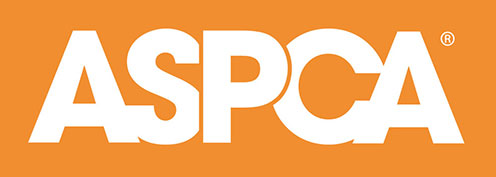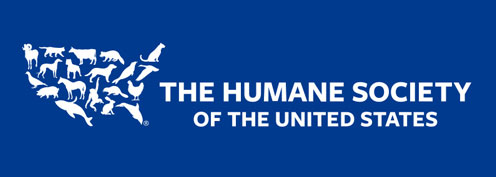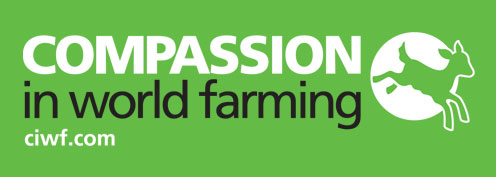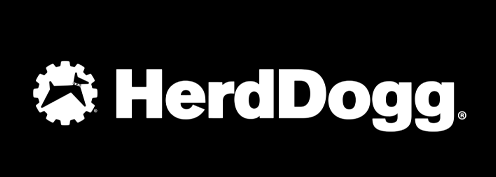
It’s World Oceans Day, the perfect day to announce our new Farmed Atlantic Salmon Standards and Certification Program. This new animal welfare standard will allow G.A.P. to impact the lives of millions of Atlantic salmon farmed every year. Today, farmed Atlantic salmon represent approximately 70% of all salmon produced annually. That’s why we chose it as our first aquaculture species.
After developing standards and certifying operations for nine land animal species including chickens, turkeys, beef cattle, pigs, lambs, laying hens, bison, and goats, aquaculture was a natural next step for us. With the exponential increase in salmon farming in recent years, we saw an opportunity to make an impact. As with all of our standards, we have created a fish welfare program that puts the animal first and is meaningful to all sizes and types of operations across the supply chain.
The G.A.P. farmed Atlantic salmon standard was also developed with a multi-stakeholder approach, working with farmers, scientists, retailers, and NGOs to develop a comprehensive, tiered standard with sophisticated scoring systems for monitoring and management. Our new fish standard is focused on welfare throughout the fish’s lifecycle from hatch to harvest. Even the slaughter facilities must pass a G.A.P. welfare audit to be certified. You can find out more about G.A.P.’s tiered certification by visiting our new standards page here. All G.A.P. farmed Atlantic salmon standards include:
- enrichments at all life stages (like sea kelp and bubbling systems);
- stocking density requirements;
- “cleaner fish” care and management;
- daily water quality monitoring;
- non-lethal predator control;
- skin and body conditioning monitoring; and
- slaughter requirements.
“G.A.P’s new salmon standard is a game changer in terms of animal welfare in the aquaculture industry. It will provide much-needed guidance, support and accountability to a sector that has faced major animal welfare concerns. We are thrilled to see a standard that is so comprehensive in its animal welfare indicators and hope that this can serve as a catalyst for other standard-making bodies,” affirms Catalina Lopez-Salazar, Director of the Aquatic Animal Alliance at the Aquatic Life Institute.
“Fish are sentient animals capable of suffering and feeling pain, so it’s important that we protect their welfare. The new G.A.P standards for Atlantic salmon are now the highest and most comprehensive available,” said Ben Williamson, US Director of Compassion in World Farming. “While a ban on the use of cleaner fish in salmon farms remains a long-term goal of Compassion in World Farming, G.A.P.’s requirements for humane slaughter, environmental enrichment, and the prohibition of detrimental sea lice treatments are all welcome additions to minimum welfare considerations for farmed salmon. This is also the first time we’ve seen bans on lethal and injurious predator control methods for any species at this scale.”
If you are working at a farmed salmon operation and are interested in being G.A.P. Certified, please contact us today at info@globalanimalpartnership.org. If you’d like to learn more about our new tiered standards, you can view them here. Thanks for your support in helping us #MakeitGAP!
